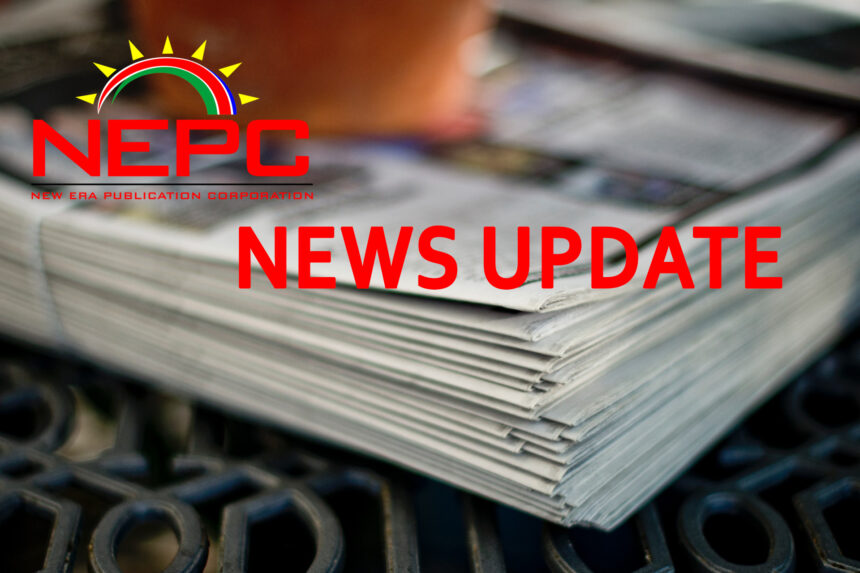Kris Dgo
Namibia and Botswana are neighbouring African countries that have enjoyed stable governance since their independence. The two countries share a common heritage, people, and languages, and their partnership has grown stronger over the years, with increased trade and mutual border crossings. In 2021, Namibia’s merchandise trade with Botswana reached N$8.6 billion, an increase from N$7.5 billion in 2020. However, the value of imports from Botswana stood at N$752 million in 2021, down from N$978 million in the previous year, largely due to the impact of Covid-19.
Recently, both countries have agreed to implement the use of ID cards as a means to facilitate cross-border travel between the two nations, which could bring an additional 2.4 million people from Botswana. This will widen the market and generate more profits for small and medium-sized businesses to thrive. The mutual border crossing may even lead to both currencies being accepted between each country, as more people are expected to cross and trade with each other. Currently, Namibia uses its dollar, while Botswana uses pula. However, this might change, and people may start accepting both currencies or soon, a single currency may be proposed across the two nations.
Interestingly, Namibia has followed Botswana’s lead in banning the import of fruits and vegetables from South Africa. This ban was welcomed by its citizens, encouraging the protection of local producers, and forming part of a bigger attempt to become self-sufficient in food security. With more land not being utilised to its maximum potential, it is encouraging that the government can now support local farmers with loans and training, and provide tools so that they can start producing goods for the nation.
Additionally, last September, the Namibian government donated a piece of land at the port of Walvis Bay to Botswana to construct a dry port facility and make that country sea-linked. This gesture of goodwill is meant to facilitate the import and export of goods and services and to strengthen economic ties between the two countries. The dry port will also foster inter-regional trade and lead to harmonised trading and economic growth within the Southern African community.
The port is envisioned to facilitate cross-border trade between Namibia and Botswana through the Trans-Kalahari Corridor, connecting highways of Namibia through Botswana to South Africa, mainly to the industrial heartland of Gauteng. All commodities not restricted by the port will be handled at the facility, which strategically positions Namibia as a transport hub for all regional and international trade between SADC countries, Europe, the Americas, and beyond.
The future looks bright for these two nations, and the Southern African Development Community (SADC) is watching closely. The success of free trade and the dry port might even inspire more SADC countries to emulate this relationship. This could lead to a revolution of greatness, with governance working together for the people and potentially result in the whole SADC having a single currency to promote more trade, similar to what the West African States (ECOWAS) are pursuing. Also, may result in a SADC passport to allow easy flow of people, and could be a step toward a federal governance system.
Now, the question remains, how can one benefit from this movement of people? Starting a business could be a viable option, such as in retail, agriculture, or starting a short-stay host similar to Airbnb with NamRoom, and many other businesses. Very soon, the flow of people will be easier, and goods transit will be easier at borders. The market would be wider, and there would be more purchasing power. Retail businesses could take advantage of the price difference between buying products in Botswana and selling them to locals. NamRoom has created a platform where one can be a host on a short-stay basis and, a marketplace to sell your products to everyone in Namibia.
In conclusion, Namibia and Botswana’s partnership is flourishing, and their joint efforts towards economic growth and development are set to strengthen further. The establishment of a dry port facility and free trade agreements will increase trade volumes, enhance inter-regional trade, and foster harmonised trading and economic growth within the southern African community. This promising future for these two nations could serve as an inspiration for others in the region.
*Kris Dgo is the cofounder of NamRoom, a real estate platform in Namibia. Connect with him on Facebook: Real Estate Namibia. The views expressed are entirely his own.



